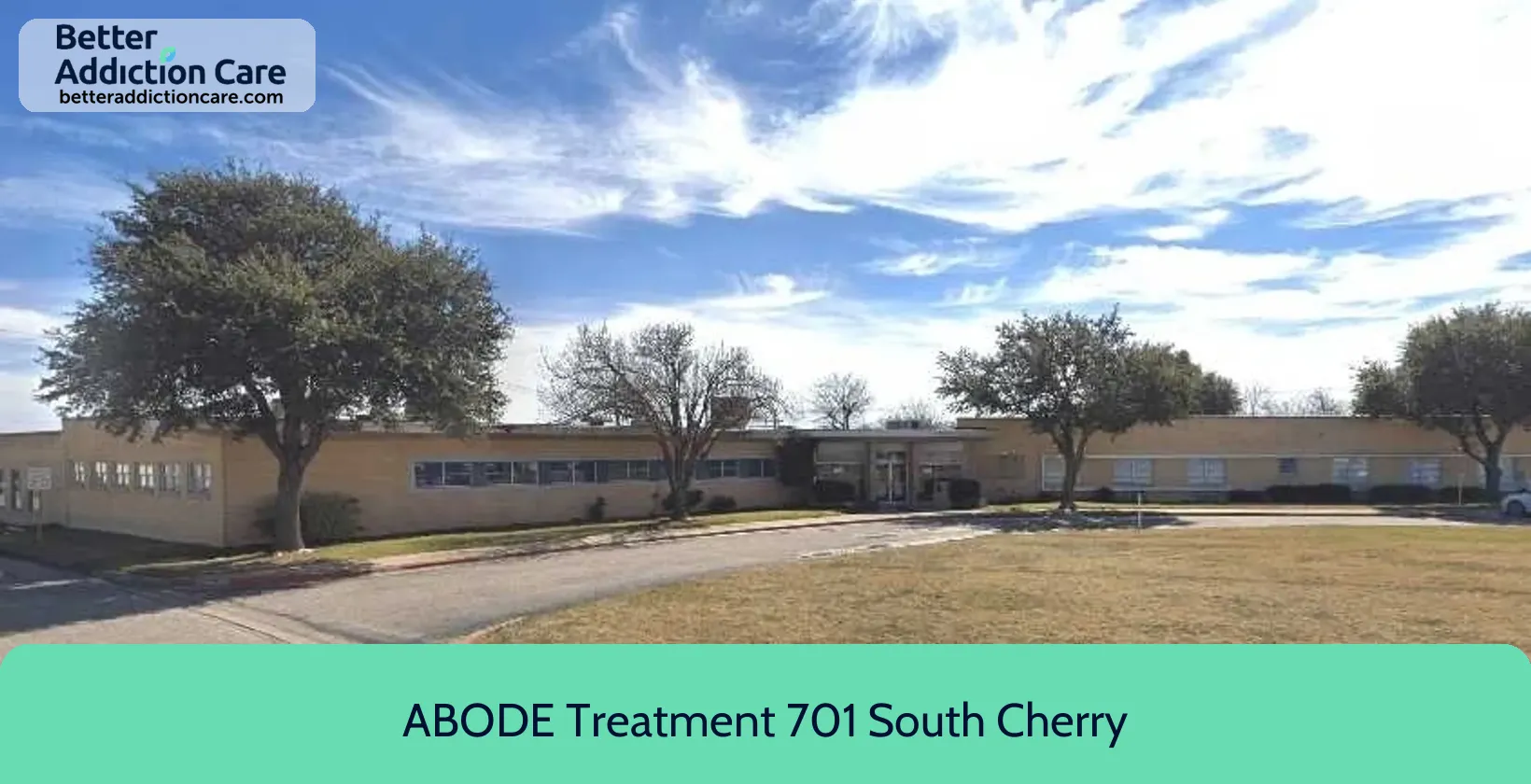ABODE Treatment 701 South Cherry Lane
Overview
ABODE Treatment's clinic at 701 South Cherry Lane offers a wide range of addiction recovery services tailored for adults in White Settlement, Texas. Their comprehensive programs encompass residential and outpatient treatment, along with robust aftercare support. Additionally, they provide specialized services for clients involved in the criminal justice system and those with co-occurring addictions and mental health disorders.
Residential Services
The residential services at ABODE Treatment are structured into two distinct phases:
- Intensive Residential Program
- Duration: Typically 30 to 90 days
- Counseling: More than 20 hours of counseling activities per week
- This phase is designed to provide an intensive therapeutic environment to support the initial stages of recovery.
- Transitional Residential Treatment Program
- Daily Counseling: Four hours of group and individual counseling
- Job Placement Assistance: Clients are encouraged to seek employment with the support of ABODE’s job placement assistance program
- Ongoing Support: Once employed, clients receive a minimum of six hours of counseling per week
- This phase facilitates a smoother transition back to daily life and responsibilities, ensuring continued support and guidance.
ABODE Treatment's residential treatment is grounded in the Therapeutic Community model, emphasizing a cognitive therapeutic approach. The curriculum is based on the 12 Step model of recovery and covers recovery-specific topics such as:
- Anger management
- Family counseling
- Training in activities of daily living, including budgeting, cooking, nutrition, and personal hygiene
Clients who do not have a high school diploma or GED equivalent are encouraged to attend GED classes offered through ABODE. Under the guidance of a professional educator, clients have access to an on-site computer lab to aid in their studies and skills development.
Outpatient services are available for clients who are ready to transition out of residential treatment or require a lower level of care. These services help clients better understand their addictions, identify triggers, and learn healthy coping skills for recovery. Available services include:
- Weekly individual counseling sessions
- Weekly group counseling sessions
Most clients remain in outpatient treatment for six to 12 months. Aftercare services, including connections to local providers who can offer extended recovery support, are also available.
ABODE Treatment's multifaceted approach ensures that each client receives personalized care, addressing their unique needs and circumstances. The combination of intensive therapy, practical life skills training, educational support, employment assistance, and ongoing counseling aims to foster long-term recovery and reintegration into the community.
ABODE Treatment 701 South Cherry Lane at a Glance
Payment Options
- Cash or self-payment
- Medicaid
- Medicare
- Private health insurance
- Self-pay options
Assessments
- Comprehensive substance use assessment
- Screening for substance use
Age Groups
- Children/adolescents
- Seniors
Ancillary Services
- Case management service
- Social skills development
Highlights About ABODE Treatment 701 South Cherry Lane
6.83/10
With an overall rating of 6.83/10, this facility has following balanced range of services. Alcohol Rehabilitation: 8.00/10, Drug Rehab and Detox: 6.00/10, Insurance and Payments: 6.00/10, Treatment Options: 7.33/10.-
Alcohol Rehabilitation 8.00
-
Treatment Options 7.33
-
Drug Rehab and Detox 6.00
-
Insurance and Payments 6.00
Accreditations
State department of health:

Government agencies issue State Licenses, granting rehabilitation organizations permission to operate their businesses legally within specific geographic regions. The licenses needed for legal operation are typically determined by the type of rehabilitation program offered by a facility and its physical location.
Treatment At ABODE Treatment 701 South Cherry Lane
Treatment Conditions
- Alcoholism
- Substance use treatment
- Co-occurring Disorders
- Mental health treatment
- Opioid Treatement
Care Levels
- Hospital inpatient treatment
- Short-term residential
- Long-term residential
- Aftercare
- Halfway house
Treatment Modalities
- Cognitive behavioral therapy
- Substance use disorder counseling
- Smoking/vaping/tobacco cessation counseling
- Group counseling
- Family counseling
Ancillary Services
Languages
- Sign language services for the deaf and hard of hearing
Additional Services
- Pharmacotherapies administered during treatment
- Mentoring/peer support
- Breathalyzer or blood alcohol testing
Get Help Now
Common Questions About ABODE Treatment 701 South Cherry Lane
Contact Information
Other Facilities in Fort Worth

6.92

6.87

7.10
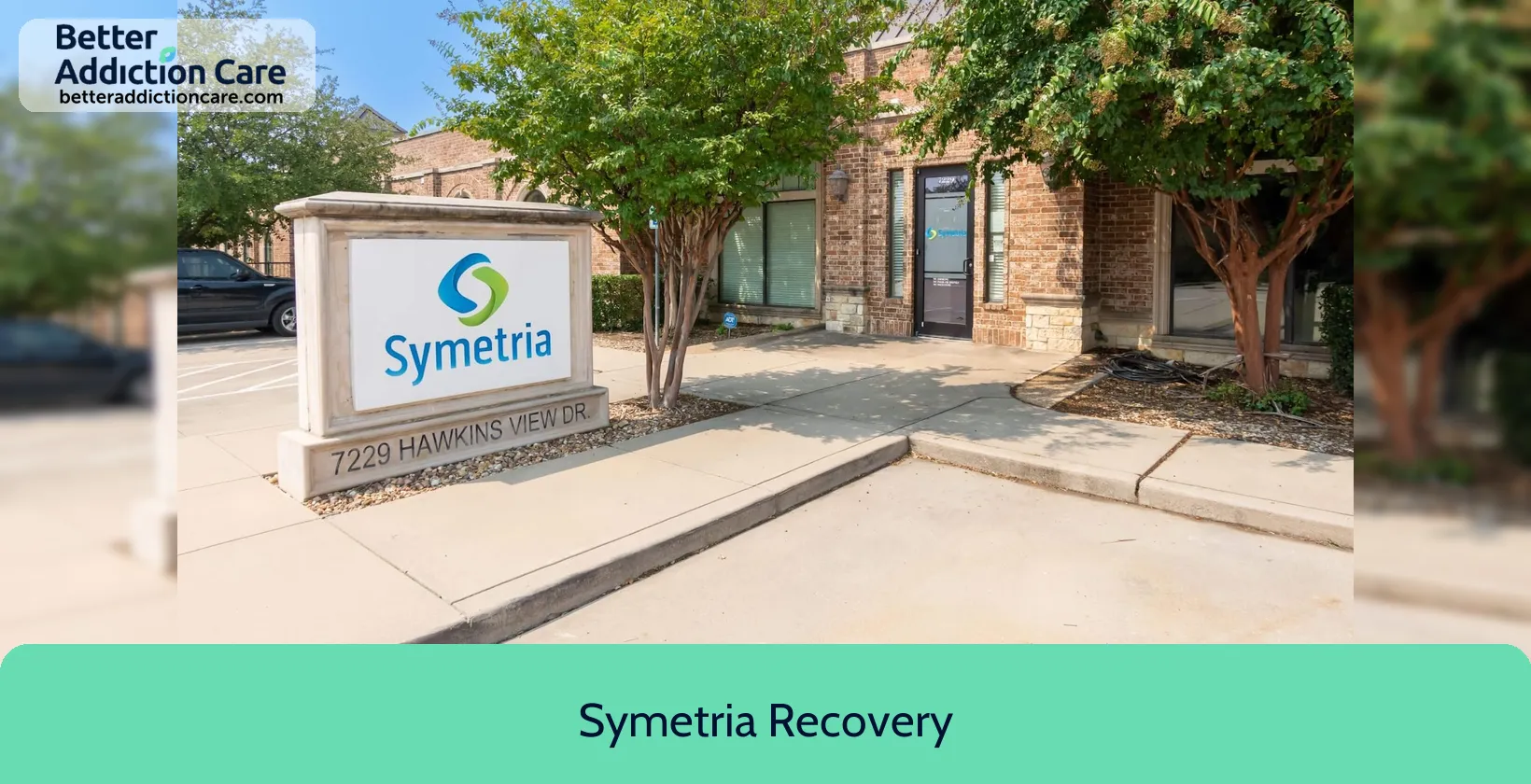
7.72
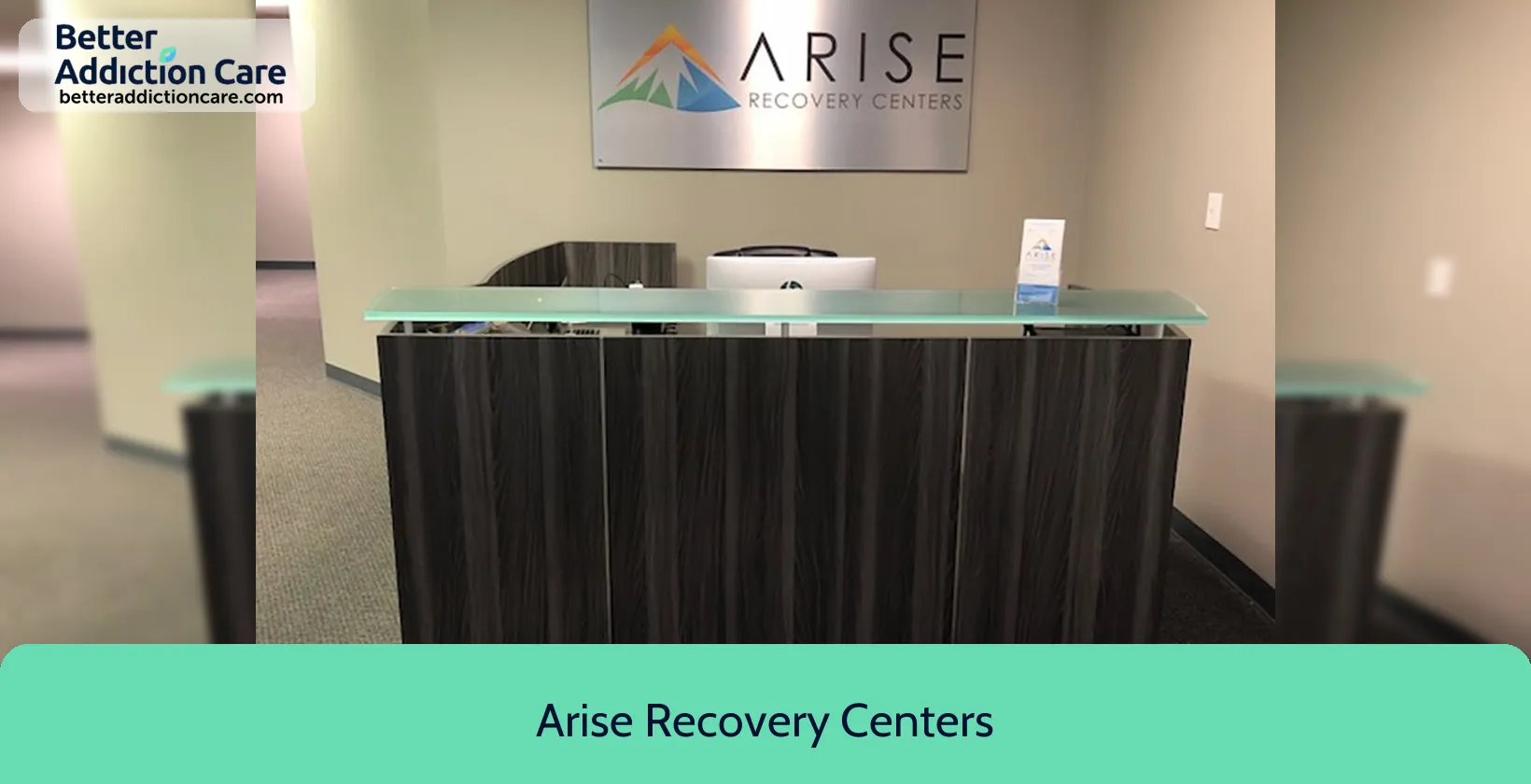
6.92
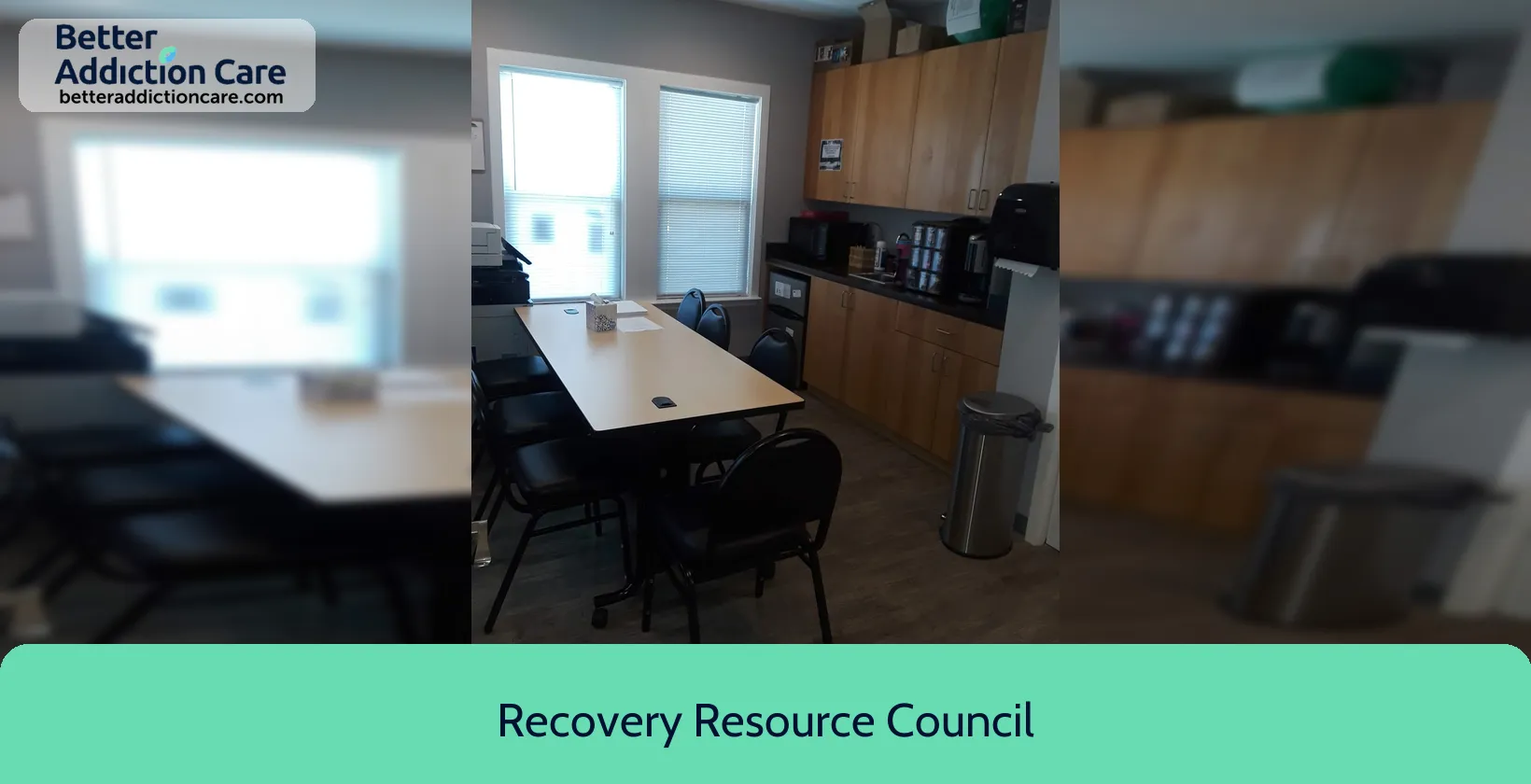
6.74
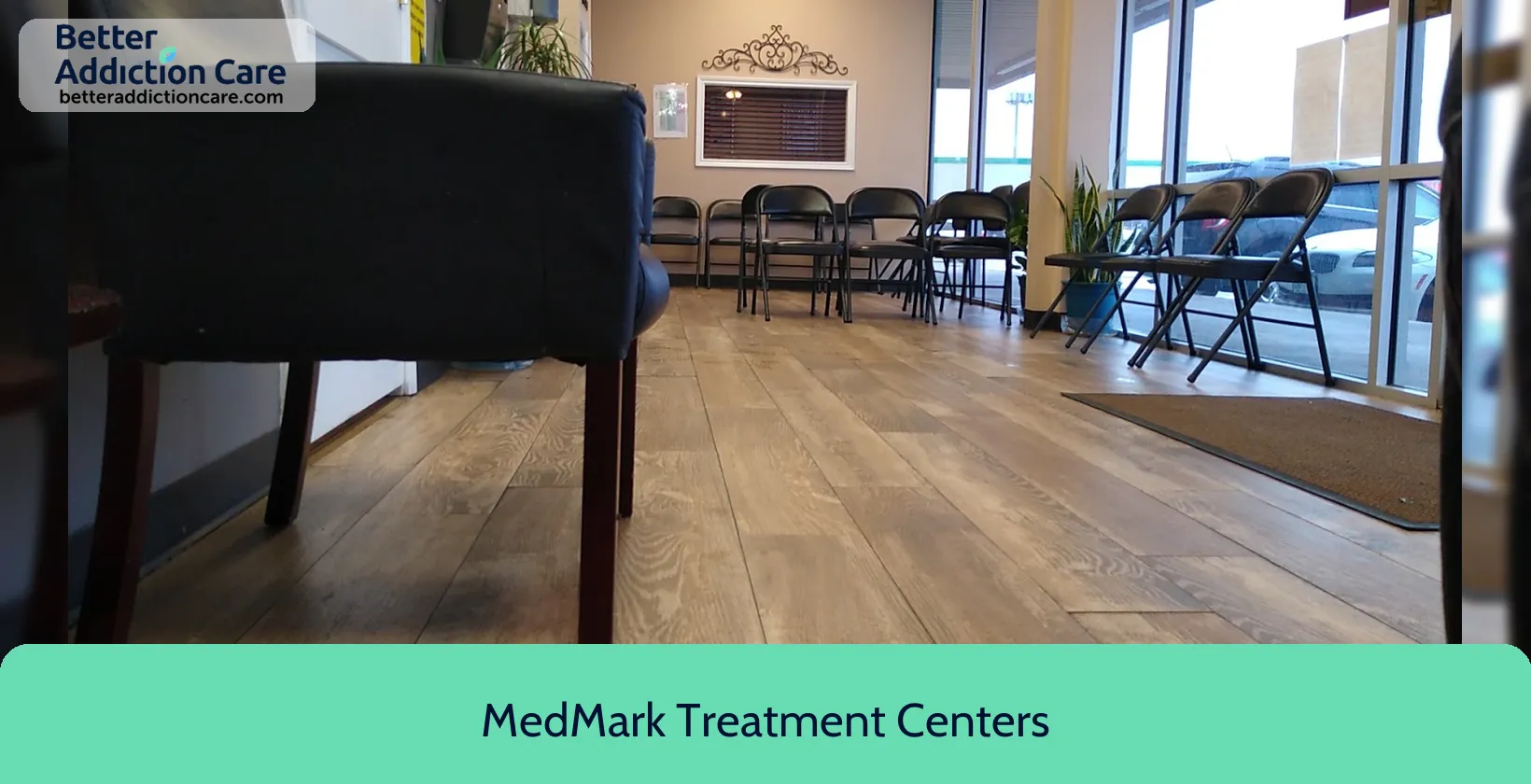
7.43
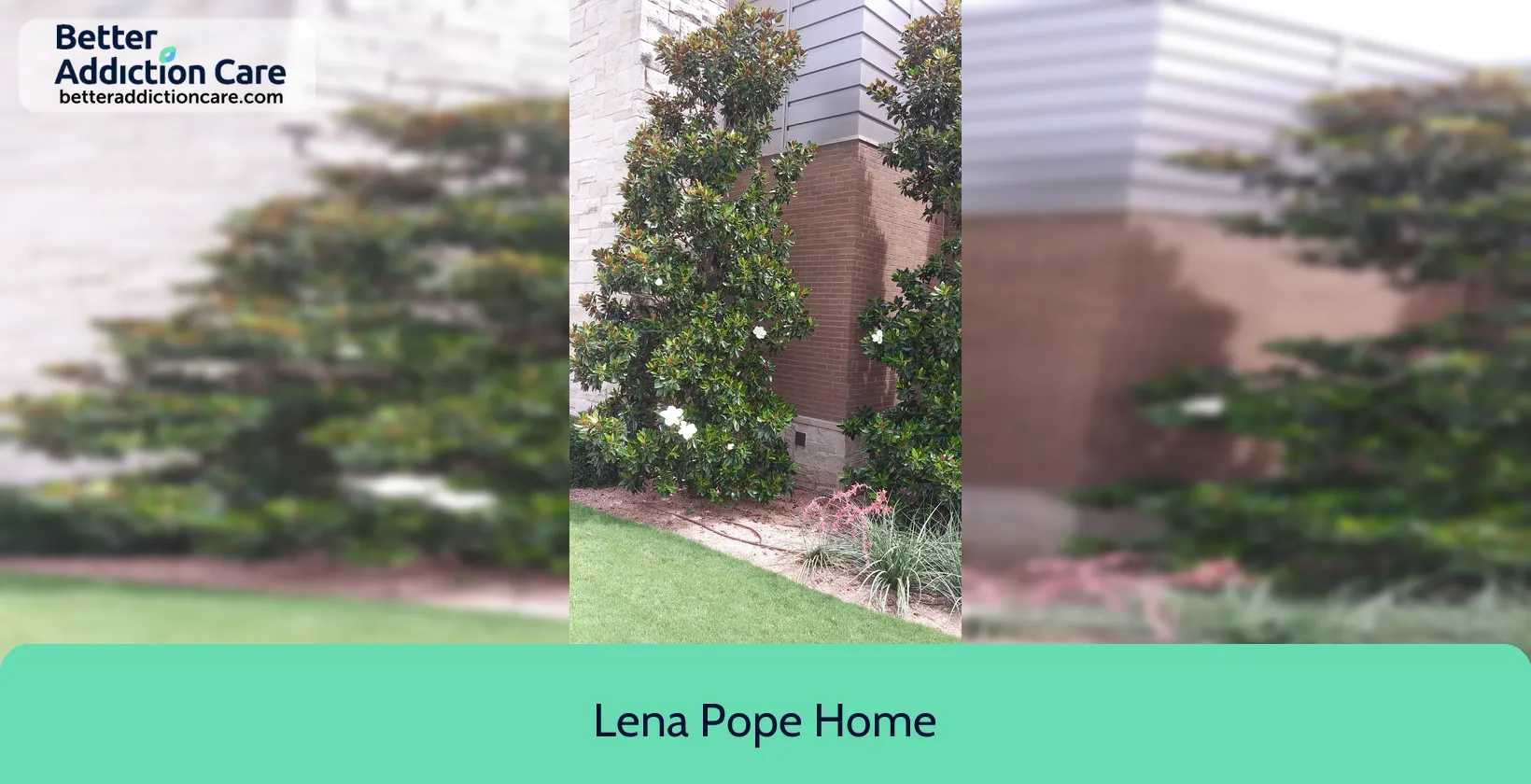
7.06
DISCLAIMER: The facility name, logo and brand are the property and registered trademarks of Lena Pope Home, and are being used for identification and informational purposes only. Use of these names, logos and brands shall not imply endorsement. BetterAddictionCare.com is not affiliated with or sponsored by Lena Pope Home.
